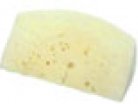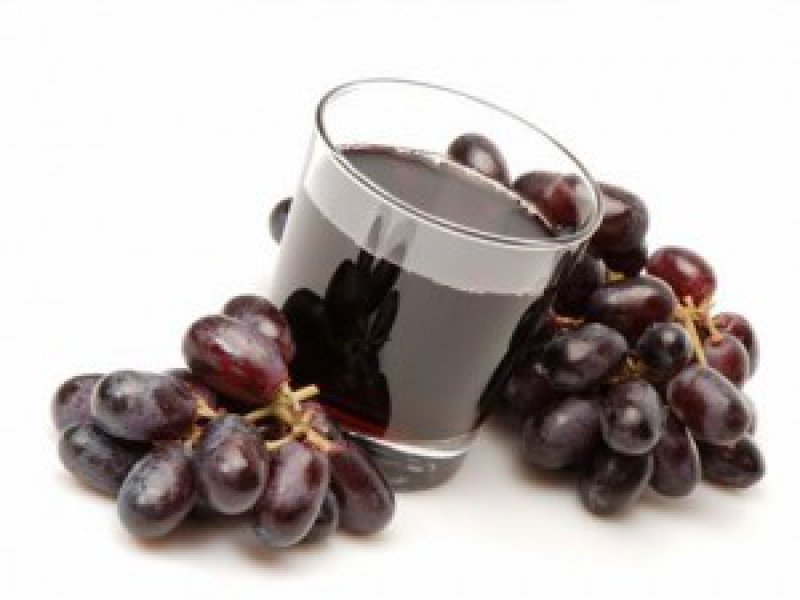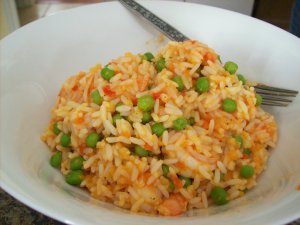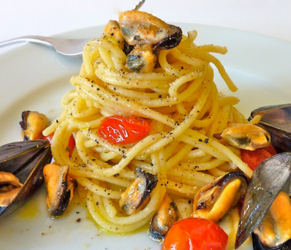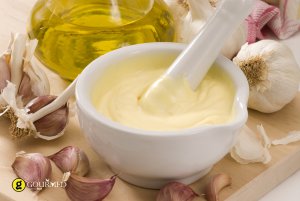As Greek wines become increasingly popular outside the country, Greek quality vinegars, aged and wonderfully mellow, have also started to be exported. Although many older Greek winemakers still consider it sacrilege even to refer to both wine and vinegar in the same phrase, younger producers have realized that carefully producing quality vinegar is as challenging as making good wine.They are proud of their vinegars which gain popularity and international acclaim.
It all started with Balsamon from Kalamata, a dark, balsamic-like vinegar produced from fermented dried Corinthian grapes; it was the first Greek vinegar that was exported to the
Gaia, that produces excellent wines, makes a rare vinegar, from the assyrtico grapes of Santorini, the same grapes used for their famous Thalassitis wine. The Gaia vinegar is left to age in barrels for five years, acquiring a fruity and deep flavour that is addictive. Others, like the Vaimakis family in
Petimezi (grape molasses), is an old-time classic ingredient of the Greek pantry. It is produced by cooking the grape must for hours, until it becomes dark and syrupy. Petimezi keeps almost forever, and it was an ancient sweetener, just like honey. Its flavour is not simply sweet, but much more complex, with slight bitter undertones. The lengthy process makes petimezi expensive, and hard to find, as the small quantities produced every autumn, disappear quickly.
Fruits like apples, pears and quince are cooked in petimezi to create unusual preserves. They can be eaten as sweets, with yogurt or cream, or used as filling for tarts and pies. I prefer to serve these dark-coloured preserves with cold meats, and especially as an accompaniment to festive turkey and game dishes. Teaspoons of petimezi sweeten vinegar sauces, like the traditional savore of
The dark crunchy and fragrant moustokouloura or grape-must cookies are not very attractive, but their deep flavour is ample compensation. Most Greek bakeries sell moustokouloura, and each baker has his own recipe for the cookies, that can be either small and hard or large and crumbly.
Sapa or vino cotto is the Italian name for grape molasses, and the dark syrup is used in similar ways in





















































